How Do I Raise Grateful Kids…?
‘You know what mom…I think after this week’s session, I might want to do this coding camp thing again. You can sign me up.’
His words struck me in an unexpected way.
From his perspective, the only thing that needed to be considered in having another session at camp was his desire.
The concept of cost didn’t enter his mind as any kind of obstacle to this opportunity. The concept of having someone able to take him and pick him up at the scheduled times didn’t concern him.
I get it. He’s 10. Did I think about either of those things when I was 10? Absolutely not.
But I’m 43. And a mom. And I do now.
I understand how a little economic privilege can turn into a larger story of entitlement and disconnect.
Do I think that his innocent endorsement of a fun time at camp signaled that he is on a dangerous path towards greed and disregard…?
Of course not. But it got me thinking…
In on of my previous posts, Am I Sabotaging My Kids’ Futures I talked about the idea of me taking away my children’s power by fixing everything before they got a chance to develop their own problem-solving muscles.
But this is something else.
This is about the power my children already HAVE.
By virtue of their birth into a middle-class family. By virtue of their fair skin. By virtue of having a Stay at Home parent who is always able to tend to their wants and needs.
America feels…morally unsettled right now, which makes the topic of privilege, power and personal responsibility something I am even more motivated to talk about with my kids.
But finding ways to illustrate that unfair systems exist and are a reality to many in America is challenging, especially when they are surrounded by equally privileged children and families.
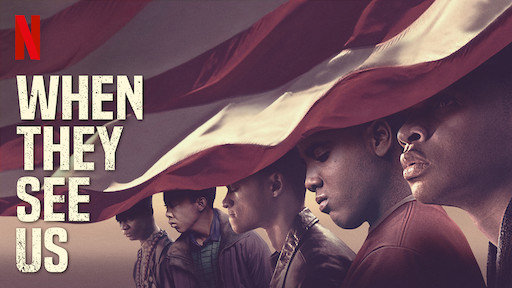
When the series When They See Us premiered on Netflix, I saw this as an opportunity to open a dialogue with my older child.
This 4 part series explores the lives and families of five young African American boys who were prosecuted, convicted and later exonerated of all charges related to the rape and assault of a female jogger in Central Park in 1989.
I watched it by myself first.
I was reminded of the importance of my parental influence, and my responsibility in the development of my children’s foundation. Their mental, emotional and physical beginnings. Supporting their desires. Nurturing their talents. Guiding them towards healthy habits and practices. Providing them with opportunities.
But how do I ensure that they don’t grow up to misuse their privileges and powers, or feel the are entitled to them? How do I effectively expose the existence of an unfair world to children who have never see anything like this in their sphere?
The best way I can see is by cultivating their COMPASSION.
Our lives are so busy that we have to put actual effort into making ourselves and our children aware that there are other Truths out there, existing right alongside our own.
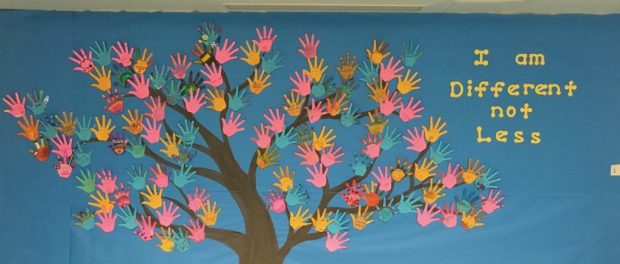
It made me think…What happens if we don’t cultivate an understanding of others’ experiences? If we just kind of live our own personal lives?
That child, who will grow to be an adult with power, influence and an opinion about what the world IS and ISN’T, may feel certain that their perspective is correct because it will be based off of a lifetime of experiences.
Their experiences.
But that creates a huge problem.
If you only know what you’ve personally experienced, you may not even believe the words of someone else who offers another Truth.
I know this, because I’ve done it.
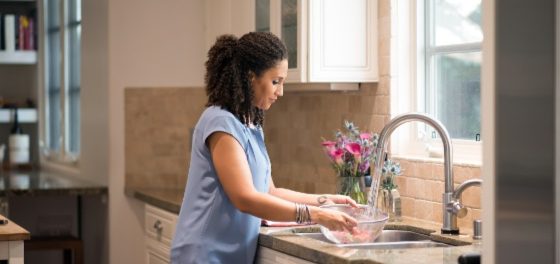
During an argument, I hung up the phone one someone because they were being adamant about a perspective I didn’t have, and couldn’t relate to. I felt in my heart that I was being fair and honest in my assessments, and that what they were saying just didn’t jive with what I felt to be true.
It wasn’t until the next day when I was replaying the scene and wondering how it all went so wrong, that I realized the issue.
THEIR Truth was just as accurate and real as mine, even though they proved different conclusions.
Because ALL of our Truths are based off of our own personal experiences.
Not being able to hear them or even believe them was a result of my own seat of privilege.
Privelages they weren’t the beneficiary of.
I even realized that I might hold their same opinions had I experienced their life.
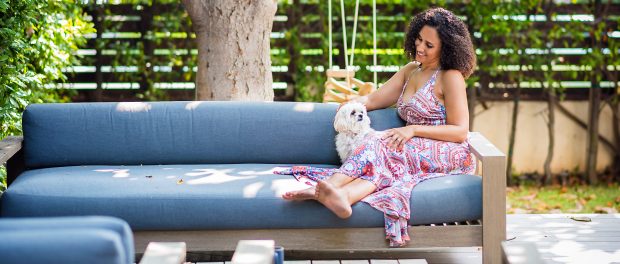
It took me too long to make the connection. Things aren’t as easy and pretty and fair for everyone.
After watching the first episode of When They See Us, my 12 year old daughter, tears streaming down her face said, ‘I don’t want to watch this mommy’.
I understand. Its uncomfortable, its sad, its frustrating, its angering, it hurts your heart to see. And to know.
But that is where trouble grows. When we turn our eyes away.
We talked about what things were like for black people in America just 150 years ago, how some of those generational attitudes are perpetuated today, and how some people work to keep social structures that maintain power inequities alive.
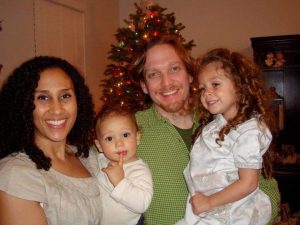
As a mixed-race person, this history brings up complicated questions and heartbreaking answers. My kids will often ask me if they were born back when there was slavery if they would be slaves too…or what would happen to me? Would I be able to be with them? Would Daddy?
‘Well…you both could pass as white, so you might be ok…as long as no one found out I was your mom’.
I remember pondering those same questions when I was a kid too.
It seems ridiculous that there would be a time when my family would not be able to exist. But it wasn’t ridiculous at the time. There were lots of people who would have participated in this system because their power allowed them to be at the top. Just like now. Just like forever I suppose.
I truly believe that growing up in a white, middle class family gave me priveleges that benefitted me then, and now. And I am grateful for those. But it also afforded me access to entitled communities, and I saw the efforts of some to maintain their positions and power.
I’m not always loud about my feelings, but I keep my eyes on the people and institutions that perpetuate those philosophies.
And I want my kids to see them too.
We all have power over someone or something, and the ways we use our power affects not only our personal experiences but the collective experience of our communities, our countries, our world.
Being a parent is no joke, and sometimes it gets heavy. But I want to help my children recognize their own seats of privilege.
I want them to understand that those privileges come with power. I want them to be grateful for their blessings and show them how they can share them instead of hoarding them.
Because they are most likely going to be privileged their entire lives, and there’s a lot of great stuff that can be done with that power.
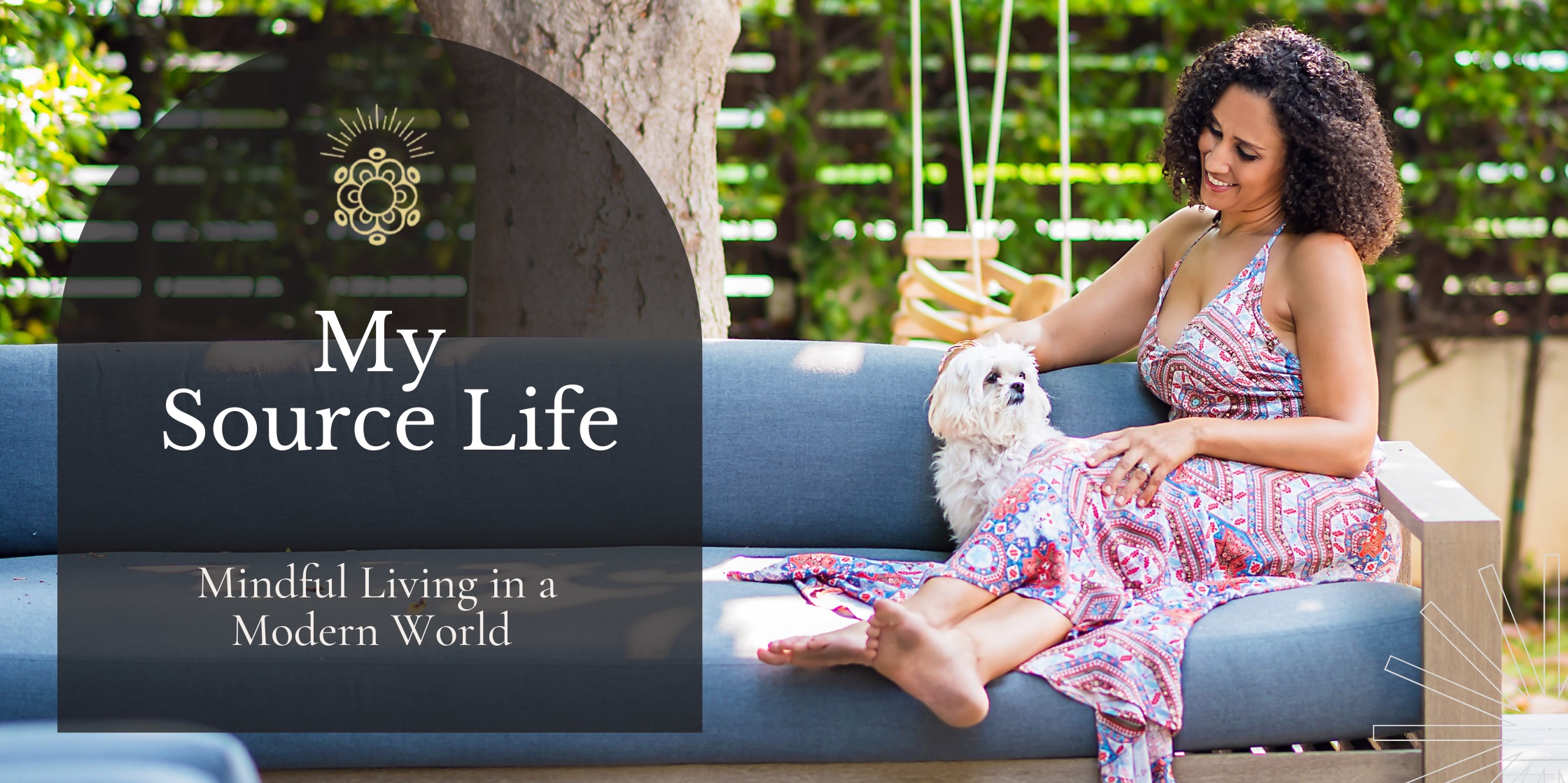

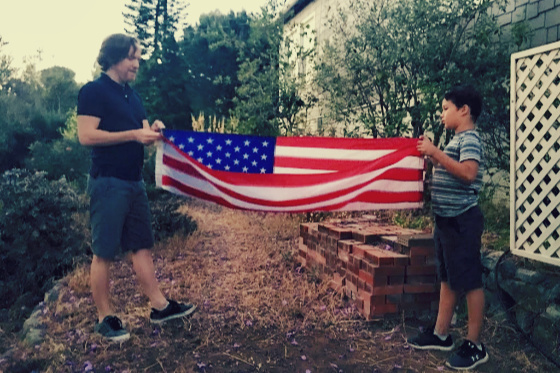
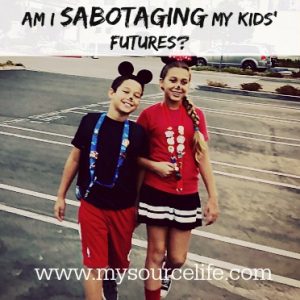
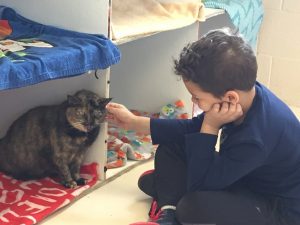
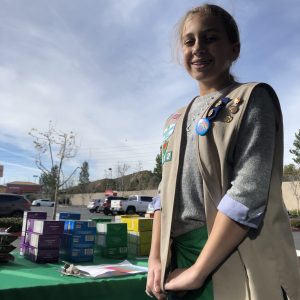
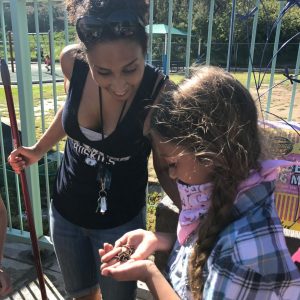
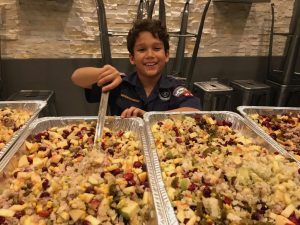

Leave a comment